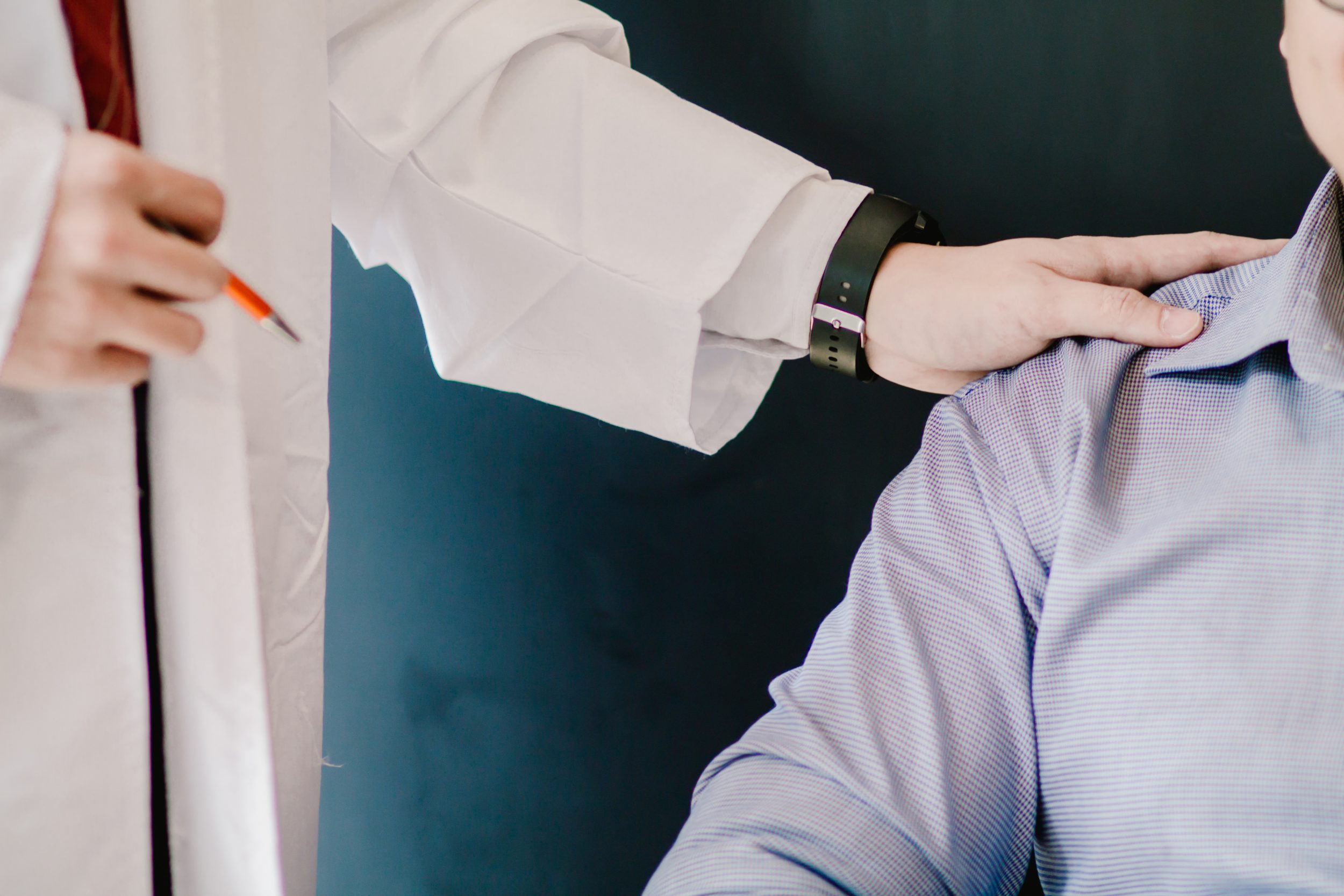This is our 3rd article concerning the prostate. The first had described the risk and prevention factors and the second, the symptoms associated with prostate problems. We will now talk about two recent studies dealing with prostate cancer.
N.B.: If you have symptoms such as pain or intermittent urination, frequent urination, sudden or urgent urination, sexual problems (e.g. pain during ejaculation or erectile problems), heaviness in the rectum (sensation of having a bowel movement): It is important to consult your doctor.
The first study, published in December 2018, focused on the evaluation of coffee compounds for the treatment of prostate cancer. Work is actually underway on two molecules that were found specifically in Arabica coffee: kahweol and cafestol. Japanese researchers have studied the effects of different molecules from coffee since it seems that certain types of coffee reduce the risk of prostate cancer. These results were presented to the Congress of the European Urology Association (Barcelona). These molecules would be effective for cells in culture (what is called in vitro) and in animals (in-vivo). These may be new candidates for the treatment of drug-resistant cancer. The two molecules have demonstrated significant efficacy which seems to be synergistic.
This of course does not mean that taking Arabica coffee could treat prostate cancer; far from that. It is however interesting to note that natural molecules could be concentrated and used to treat cancers resistant to certain medications. Much remains to be done to reach a treatment, but their results are promising. You will no longer see your Arabica coffee in the same way.
The second study examined the risks of depression and suicide in men using hormone treatments for hormone-dependent prostate cancer. This was an observational study which does not allow a definitive conclusion, but which gives important monitoring recommendations (analysis of data from the medical records of 5,570 patients). It appears that men receiving antihormonal treatment after prostate removal for cancer treatment are 80% more likely to be depressed than men not receiving treatment. This is information that was presented to the 34th Congress of the European Urology Association.
It would therefore be important to closely monitor men receiving androgenic drugs (which reduce the production of male hormones) following a radical prostatectomy. The risk of attempted suicide would then be higher. Radiation therapy would have no impact on the risk of depression. The increased risk of depression may be linked to low testosterone, stress caused by the presence of cancer and complications/symptoms associated with the treatment of the disease.
It goes without saying that we must respect the treatments offered, but as the saying goes: a man who has been warned is worth two. If you know men who are undergoing this type of treatment, talk to them about these risks and suggest that they discuss them with their doctor. Being aware of it is surely beneficial.
In closing, we remind you that it is always essential to consult your doctor and that Vitoli® Prostate can be used for treatment or prevention. It can be taken at the same time as the usual medication (N.B.: it is always advisable to speak to your pharmacist). Here are the health claims allowed by Health Canada for Vitoli® Prostate:
- Helps keep the prostate healthy.
- Used in Herbal Medicine to help relieve urological symptoms associated with mild to moderate benign prostatic hyperplasia.
- Provides antioxidants.
References:
- Canadian Cancer Society website, information on prostate cancer: https://www.cancer.ca/en/cancer-information/cancer-type/prostate/signs-and-symptoms/?region=qc
- Iwamoto et al, 2018. Coffee diterpenes kahweol acetate and cafestol synergistically inhibit the proliferation and migration of prostate cancer cells. The prostate. Sept. 2018.
- European Association of Urology, mars 2019. Hormonal treatment may trigger depression in men with prostate cancer.






